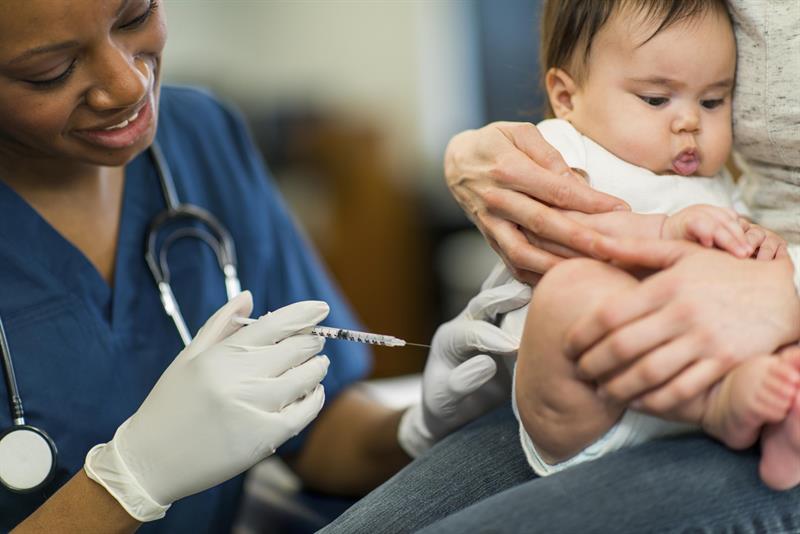Written by Prince Assandoh-Mensah in 2015
Nurses play a very important role in immunisation. In fact, they are the sole front liners when it comes to the delivering of vaccines to the final consumer. Thus, in closing the immunisation gap, as the 2015 World Immunisation Week has been dubbed, the unique role of the nurse cannot be forgone.
The unique role of the nurse is significant, and thus critical to the sustenance and expansion of the immunisation programme. Right from the time a woman discusses her intention of having a baby with her health care provider, being the nurse or midwife, it is the duty of this health personnel to include in his/her counselling, the availability of vaccines in protecting certain diseases and its potential benefit to both the mother and the child.
At the antenatal, the midwife must ensure that, all due immunisations such as the Tetanus vaccine, are administered and administered appropriately. The midwife must also educate the mother on the possible vaccines the child would be receiving after birth and must ensure that, they are referred to the appropriate unit after birth (such as the Child Welfare Clinic (CWC) in Ghana). The full benefits of the CWC must be outlined to the mother and any misconception must be addressed as such.
Right from the 1st day to the 5th year of the child, it is the duty of the nurse and midwife to encourage the mother to partake in the immunisation schedule, in order to ensure that the child receives all the available vaccines. This could be achieved through, periodically reiterating the benefit of immunisation to mother, and also teaching her ways to manage potential side effects that may arise. If the side effects of the vaccines take mothers by surprise, it would reduce their commitment and confidence in the program. In the extreme cases, they may defaults.
Also, in the communities, Community Health Nurses must make it a point to trace defaulters of the program. This can be done through home visits. Within the rural communities, home visits are best done on the sacred days where members of the communities do not partake in active work.
Nurses must also make it a point to provide serene environments for mothers at Child Welfare Clinics in order for them to feel welcome. In some cases, the attitude of some nurses, sometimes send mothers off. Hence, developing the right attitude toward clients, even when they are at fault, is key to enhancing the nurse-patient relationship.
Moreover, nurses must also ensure that, they have enough stock of vaccines and logistics for the Child Welfare Clinics. It must also be ensured that, vaccines being administered are not expired. Proper storage of these vaccines is also key to preventing this.
Nurses play a very significant role in the sustenance and expansion of the immunisation programme. Therefore, in closing the immunisation gap, nurses bear a heavy burden to ensure that the goal of the Global Action Plan by the World Health Organisation to prevent millions of death by 2020 is achieved.
